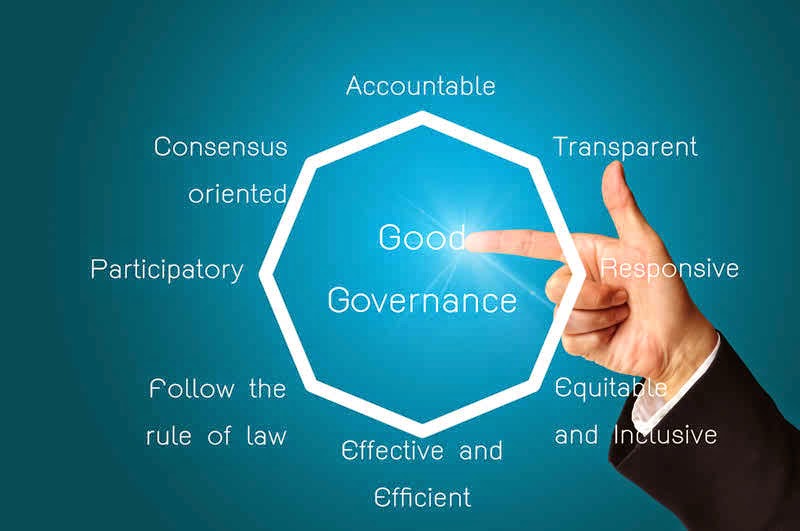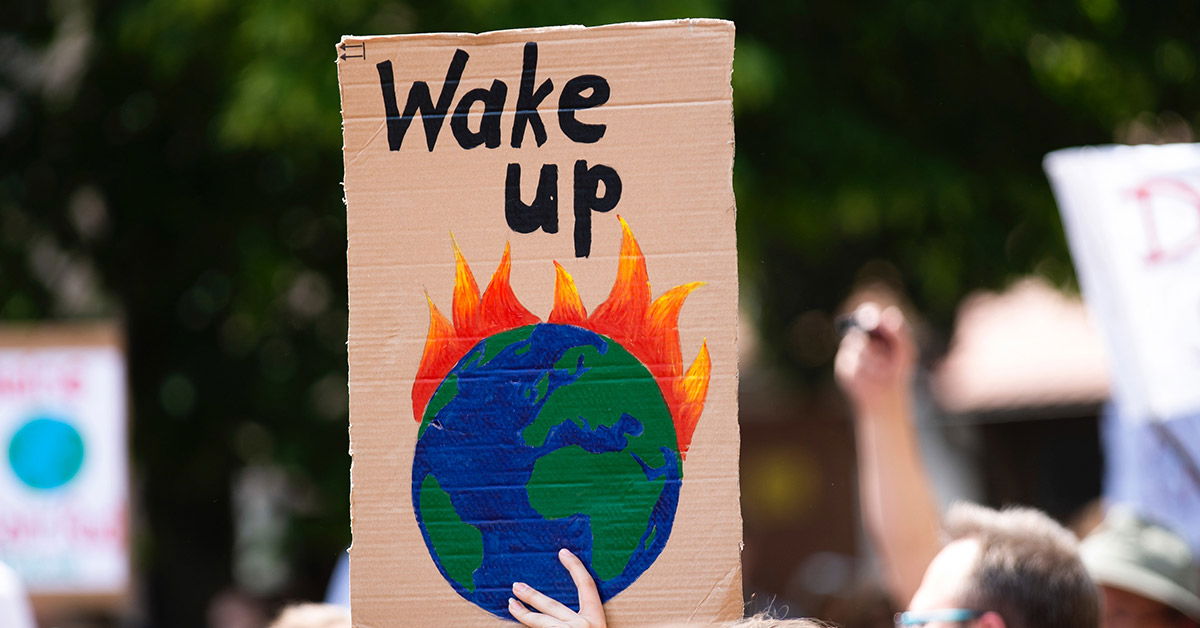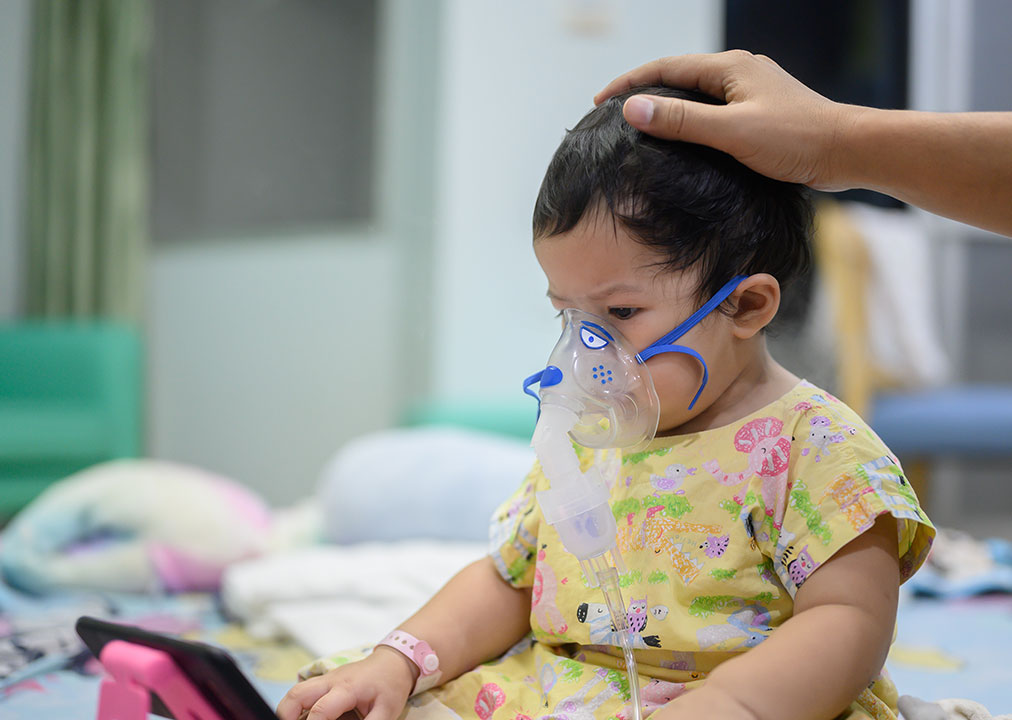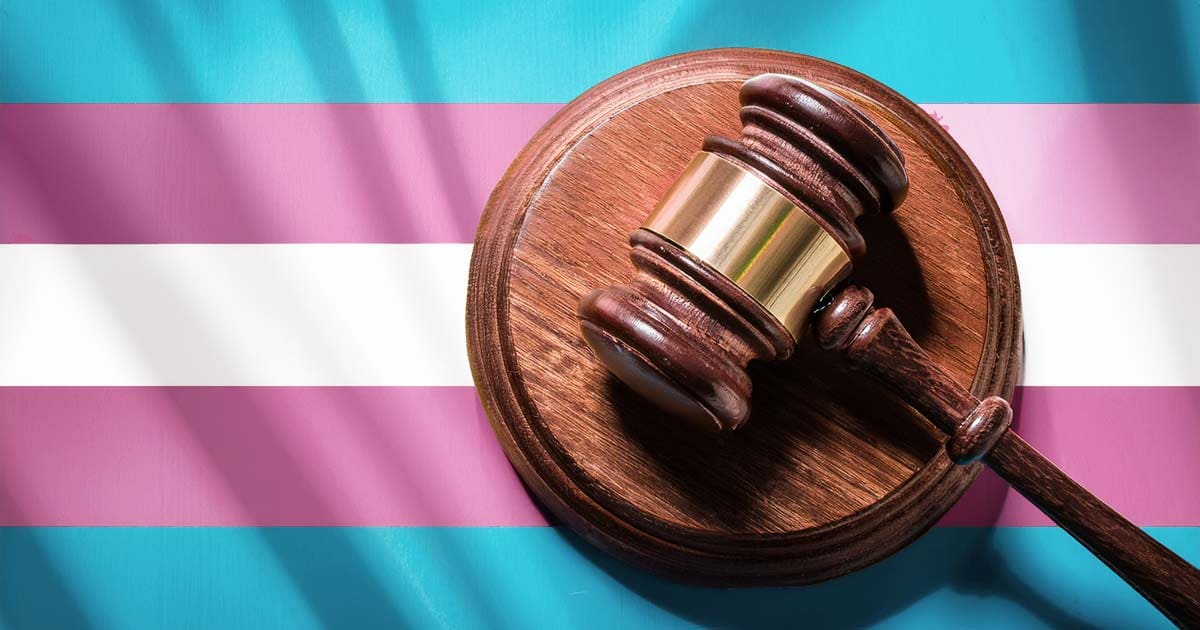China: EU must prioritise human rights in the forthcoming Summit – fidh.org
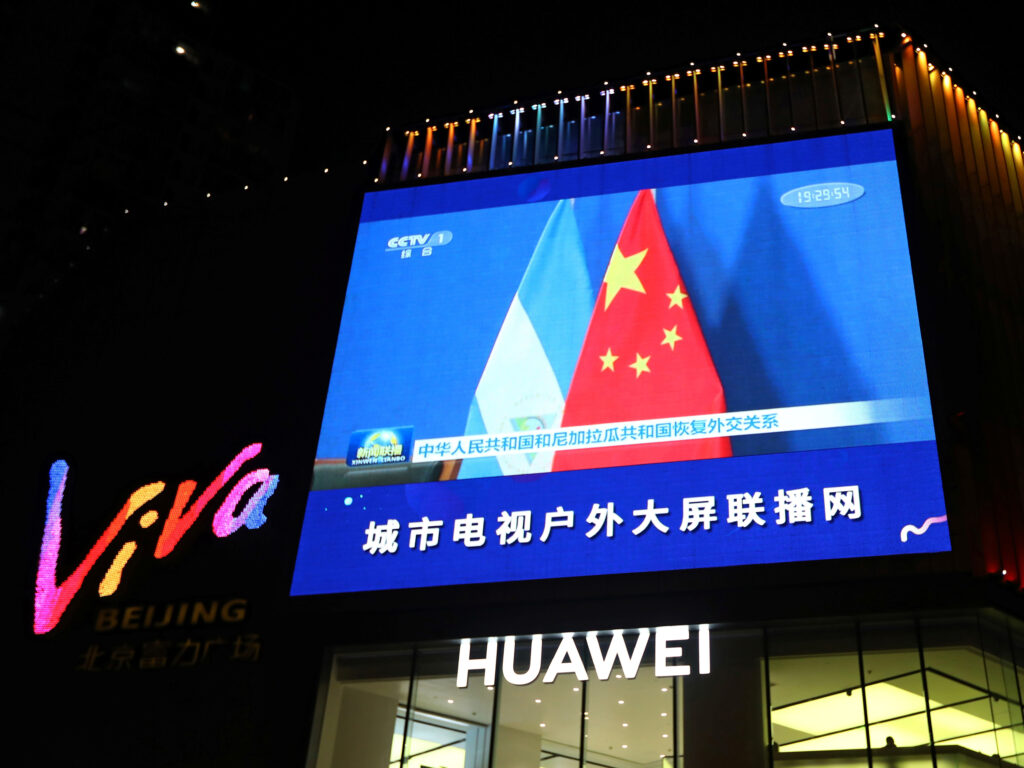
Report on EU-China Relations: Prioritising Human Rights and the Sustainable Development Goals
Executive Summary
A formal request has been issued to the leadership of the European Union (EU) to prioritise human rights and the principles of the Sustainable Development Goals (SDGs) in the forthcoming EU-China Summit scheduled for July 24-25. Citing a deepening human rights crisis in China that undermines global progress on the 2030 Agenda, the appeal calls for a strategic realignment of EU policy beyond the 2019 EU-China Strategic Outlook. This report outlines the key areas where China’s actions conflict with the SDGs and presents recommendations for the EU to champion justice, equality, and institutional integrity in its diplomatic engagement.
Challenges to SDG 16: Peace, Justice, and Strong Institutions
The human rights situation in China presents a significant challenge to the realisation of SDG 16, which aims to promote peaceful and inclusive societies, provide access to justice for all, and build effective, accountable, and inclusive institutions at all levels.
- Erosion of Rule of Law and Access to Justice (SDG 16.3): Widespread and systematic violations, including arbitrary detention, torture, and forced disappearances, are reported. The use of ambiguous criminal provisions such as “subversion of state power” and procedures like “residential surveillance at a designated location” contravene international standards for due process and the rule of law.
- Weakening of Global Institutions (SDG 16.6 & 16.8): Concerns have been raised that Chinese authorities are actively working to rewrite international human rights norms and weaken key UN institutions, thereby undermining the global framework for peace and justice.
- Transnational Repression (SDG 16.1): The Chinese government is accused of engaging in transnational repression, including within EU member states. These acts of intimidation, surveillance, and violence against critics abroad threaten peace and security, directly conflicting with the goal of reducing all forms of violence.
- Impunity for Grave Violations: The UN Office of the High Commissioner for Human Rights (OHCHR) has indicated that policies in the Uyghur region may constitute crimes against humanity. A persistent lack of accountability for these actions undermines the core principle of justice central to SDG 16.
Violations of Economic and Social Rights (SDG 8 & SDG 10)
Reports from China indicate severe breaches of fundamental economic and social rights, directly impeding progress on SDG 8 (Decent Work and Economic Growth) and SDG 10 (Reduced Inequalities).
- Forced Labour (SDG 8.7): Allegations of state-sponsored forced labour, particularly in the Uyghur region, represent a grave violation of human rights and a direct contravention of the target to eradicate forced labour and modern slavery.
- Forced Assimilation and Inequality (SDG 10.2 & 10.3): Policies of forced assimilation targeting ethnic and religious minorities, including Tibetans and Uyghurs, are designed to erase cultural identities. This practice fundamentally opposes the goal of reducing inequalities and promoting the social, political, and economic inclusion of all people.
Setbacks for SDG 5: Gender Equality
The rights of women are being specifically targeted, representing a setback for SDG 5, which seeks to achieve gender equality and empower all women and girls.
- Concerns from International Bodies: The UN Committee on the Elimination of All Forms of Discrimination Against Women (CEDAW) has reviewed and raised concerns regarding China’s compliance with its international obligations on women’s rights.
- Gendered Transnational Repression (SDG 5.2): Acts of transnational repression have been noted to include gender-specific tactics, such as digital sexual harassment and the use of degrading language to target women activists and critics, undermining the goal of eliminating all forms of violence against women.
Recommendations for EU Action to Uphold the SDGs
To align its foreign policy with its commitment to the Sustainable Development Goals, the EU is urged to take the following actions during the EU-China Summit:
- Uphold International Justice (SDG 16): Publicly condemn the Chinese government’s crimes against humanity, echoing findings from the OHCHR and other UN bodies. Reiterate that perpetrators can be held accountable under universal jurisdiction, lending support to initiatives such as the case accepted by Argentina’s highest criminal court.
- Promote Fundamental Freedoms (SDG 16.3): Call for the immediate and unconditional release of all arbitrarily detained human rights defenders, journalists, and lawyers. Those specifically named for release include:
- Gui Minhai (EU citizen)
- Ilham Tohti (Sakharov Prize laureate)
- Gulshan Abbas
- Anya Sengdra
- Ekpar Asat
- Chadrel Rinpoche
- Rahile Dawut
- Ding Jiaxi
- Ding Yuande
- Dong Yuyu
- Drugdra
- Gao Zhen
- Gao Zhisheng
- Go Sherab Gyatso
- Golog Palden
- He Fangmei
- Huang Qi
- Huang Xueqin
- Hushtar Isa
- Yalkun Isa
- Ji Xiaolong
- Li Yanhe
- Lobsang Gephel
- Lobsang Khedrub
- Lu Siwei
- Peng Lifa
- Qin Yongmin
- Ruan Xiaohuan
- Semkyi Dolma
- Tashi Dorje
- Tashpolat Tiyip
- Wang Bingzhang
- Pastor Wang Yi
- Kamile Wayit
- Xie Yang
- Xu Na
- Xu Zhiyong
- Yang Hengjun
- Yang Maodong
- Yu Wensheng
- Pastor Zhang Chunlei
- Zhang Zhan
- Combat Transnational Repression (SDG 16.1): Act on G7 commitments to end transnational repression by investigating and prosecuting abuses on EU territory, thereby protecting targeted communities and ensuring security for all.
- Ensure Accountability (SDG 16.6): Stress that the EU is prepared to use all available tools to hold Chinese officials accountable for human rights violations, including those pertaining to freedom of religion or belief.
- Strengthen the Rule of Law (SDG 16.3): Demand that China comply with its international human rights obligations and repeal repressive legislation, including the Hong Kong National Security Law and the Safeguarding National Security Ordinance.
- Foster Principled Partnerships (SDG 17): Conduct a strategic review of the 50-year EU-China relationship to ensure that human rights and SDG principles are central to all diplomatic, economic, and trade dialogues, demonstrating solidarity with those defending human rights in China.
Analysis of Sustainable Development Goals in the Article
1. Which SDGs are addressed or connected to the issues highlighted in the article?
-
SDG 16: Peace, Justice and Strong Institutions
- The article’s core focus is on human rights violations, the rule of law, and access to justice. It repeatedly calls for an end to arbitrary detention, torture, and transnational repression, and demands accountability for perpetrators. It also discusses the weakening of international institutions and the need to uphold international law, which are central themes of SDG 16.
-
SDG 8: Decent Work and Economic Growth
- The article explicitly mentions “forced labour” as one of the widespread human rights violations occurring in China. This directly connects to the goals of promoting sustained, inclusive, and sustainable economic growth, full and productive employment, and decent work for all.
2. What specific targets under those SDGs can be identified based on the article’s content?
-
Under SDG 16: Peace, Justice and Strong Institutions
- Target 16.1: Significantly reduce all forms of violence and related death rates everywhere. The article addresses this by citing abuses such as “torture” and “transnational repression,” which includes “threats or acts of physical violence.”
- Target 16.3: Promote the rule of law at the national and international levels and ensure equal access to justice for all. This is a central theme. The article condemns “arbitrary detention,” calls for the repeal of laws like the “Hong Kong National Security Law,” and urges the EU to “ensure justice for victims and survivors.” The mention of the case in Argentina’s court as an initiative for accountability directly relates to ensuring access to justice.
- Target 16.10: Ensure public access to information and protect fundamental freedoms, in accordance with national legislation and international agreements. The article’s primary call is for the protection of “human rights defenders” and the “immediate and unconditional releases” of named individuals detained for their work. This directly aligns with protecting fundamental freedoms.
- Target 16.a: Strengthen relevant national institutions, including through international cooperation, for building capacity at all levels… to prevent violence and combat… crime. The article discusses China’s efforts to “weaken key international institutions” and urges the EU to use its influence and international cooperation (e.g., at the EU-China Summit) to hold officials accountable and uphold international law.
-
Under SDG 8: Decent Work and Economic Growth
- Target 8.7: Take immediate and effective measures to eradicate forced labour, end modern slavery and human trafficking… The article explicitly identifies “forced labour” as one of the key human rights abuses committed by Chinese authorities that requires international attention.
3. Are there any indicators mentioned or implied in the article that can be used to measure progress towards the identified targets?
-
For Target 16.3 (Promote the rule of law and access to justice):
- An implied indicator is the number of individuals subjected to “arbitrary detention.” The article highlights this as a widespread issue and names specific cases like Xu Yan and Yu Wensheng.
- Another indicator is the number of legal actions or prosecutions for human rights violations. The article points to the “announcement by Argentina’s highest criminal court to hear a case brought by Uyghurs” as a tangible measure of progress towards justice.
-
For Target 16.10 (Protect fundamental freedoms):
- A direct indicator is the number of detained human rights defenders. The article provides a long, specific list of individuals whose release is demanded, including “Gui Minhai,” “Ilham Tohti,” “Xu Zhiyong,” and many others. This list serves as a baseline for measuring progress (i.e., Indicator 16.10.1: Number of verified cases of killing, kidnapping, enforced disappearance, arbitrary detention and torture of… human rights advocates).
-
For Target 8.7 (Eradicate forced labour):
- The prevalence of “forced labour” is the key implied indicator. While the article does not provide statistics, it references reports on the issue (e.g., “car companies’ complicity in forced labor in China”), indicating that the existence and scale of forced labor are the metrics for this target.
4. Table of SDGs, Targets, and Indicators
| SDGs | Targets | Indicators Identified in the Article |
|---|---|---|
| SDG 16: Peace, Justice and Strong Institutions | 16.1: Reduce all forms of violence | Incidence of torture and transnational repression (including physical violence and threats). |
| SDG 16: Peace, Justice and Strong Institutions | 16.3: Promote the rule of law and ensure equal access to justice | Number of individuals under arbitrary detention; Number of legal cases pursuing accountability for human rights violations (e.g., the case in Argentina). |
| SDG 16: Peace, Justice and Strong Institutions | 16.10: Ensure public access to information and protect fundamental freedoms | Number of detained human rights defenders (a specific list is provided in the article). |
| SDG 8: Decent Work and Economic Growth | 8.7: Eradicate forced labour | Prevalence of forced labour (as mentioned in the context of the Uyghur region and referenced in external reports). |
Source: fidh.org

What is Your Reaction?
 Like
0
Like
0
 Dislike
0
Dislike
0
 Love
0
Love
0
 Funny
0
Funny
0
 Angry
0
Angry
0
 Sad
0
Sad
0
 Wow
0
Wow
0















